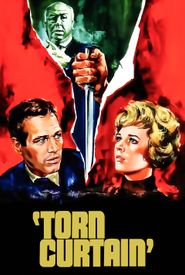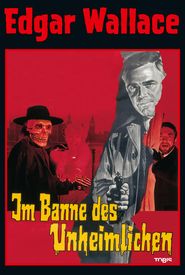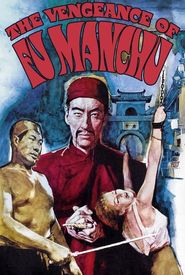Wolfgang Kieling's life journey commenced on a momentous occasion, March 16, 1924, in the vibrant German capital city of Berlin, a metropolis steeped in rich cultural heritage. This multifaceted and talented individual, Wolfgang Kieling, not only possessed a remarkable flair for acting, but also demonstrated exceptional aptitude as an accomplished assistant director, leaving an indelible and lasting impact on the world of entertainment.
Wolfgang Kieling's remarkable cinematic journey spanned multiple decades, with his impressive repertoire boasting a wide array of film genres, from the 1966 nail-biting thriller Torn Curtain to the 1964 German television series Polizeirevier Davidswache, and the 1970 poignant drama Jeder stirbt für sich allein.
Wolfgang Kieling's personal life was a complex tapestry woven from the threads of four distinct relationships with women, each a significant chapter in the narrative of his life. His first marriage was to Monika Gabriel, a union that would ultimately be followed by three more, as he would go on to tie the knot with Gisela Uhlen, Jola Jobst, and Johanna Kieling in succession.
Despite the tumultuous nature of his romantic entanglements, Kieling's professional life was marked by a series of notable accomplishments that would leave a lasting impact on the world. However, his life was tragically cut short on October 7, 1985, in Hamburg, West Germany, a event that would send shockwaves through the lives of those who knew and loved him.
In the years that followed, Kieling's legacy would continue to inspire and influence others, a testament to the enduring power of his work and the indelible mark he left on the world. Despite the passage of time, his memory would remain a poignant reminder of the impact one life can have on the lives of others, a legacy that would continue to unfold like a rich tapestry, woven from the threads of his own unique story.


























